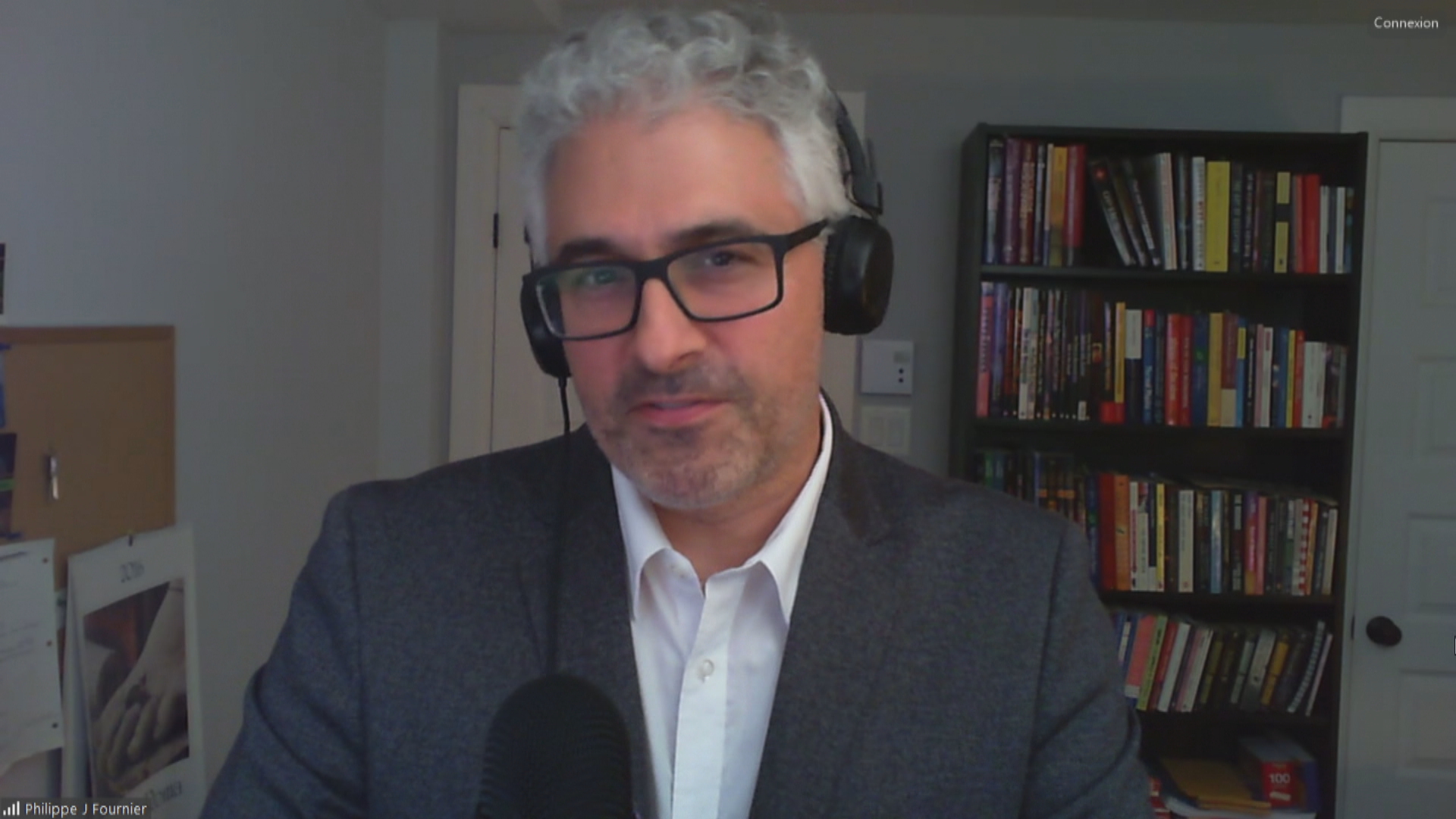Cabinet ministers flock to Liberal stronghold ahead of Toronto byelection
;Resize=(620))
Cabinet ministers are spending a lot of time in a key Toronto riding ahead of a byelection later this month — part of an attempt by the Liberals to hang on to a key stronghold as the Conservative Party rides high in the polls.
Prime Minister Justin Trudeau and at least 13 of his ministers have dropped into Toronto-St. Paul’s to campaign on behalf of Liberal candidate Leslie Church, a former political staffer, ahead of the June 24 vote.
Those ministers include Greater Toronto Area representatives like Chrystia Freeland and Anita Anand, along with ministers from more far-flung ridings such as Harjit Sajjan and François-Philippe Champagne.
Toronto-St. Paul’s was once considered a bellwether riding but has been a Liberal stronghold since the 1990s. Former cabinet minister (and current ambassador to Denmark) Carolyn Bennett held the riding from 1997 to 2024; she won by roughly eight percentage points in the 2011 election, when the federal Liberals were relegated to the third party in the House of Commons with just 34 seats.
Yesterday I went door knocking for <a href=”https://twitter.com/lesliechurch?ref_src=twsrc%5Etfw”>@lesliechurch</a> in Toronto-St. Paul!<br><br>From heartfelt chats to big ideas, Canadians here are ready to make waves and create a future that gives a fair chance to every generation!<br><br>🗳️ Mark your calendars for June 24th and vote for Leslie! <a href=”https://t.co/yE5XFyqqsB”>pic.twitter.com/yE5XFyqqsB</a>
—@FP_Champagne
Don Stewart is challenging the seat for the Conservatives. The NDP has nominated Amrit Parhar, Christian Cullis is the Green candidate and the People’s Party of Canada candidate is Dennis Wilson.
Polling expert Philippe Fournier of 338Canada told CBC’s Power & Politics last week that despite the Liberals’ strong results in 2021 — when Bennett won over half of the vote — they risk losing the riding in this byelection.
“We should consider this riding as a tossup, with a slight lean to the Liberals,” he said. “Of course there’s some uncertainty in the numbers, but we expect the Liberals to win by a margin of between four and eight points.”
While speaking to the residents of Toronto — St. Paul’s, one thing is clear: after 9 years of Justin Trudeau, they’re ready to restore common sense to our country. <br><br>A special thank you to <a href=”https://twitter.com/annarobertsmp?ref_src=twsrc%5Etfw”>@annarobertsmp</a> and <a href=”https://twitter.com/MikeGuglielmin?ref_src=twsrc%5Etfw”>@MikeGuglielmin</a> for joining me at the doors today. <a href=”https://t.co/AIsUnUgIDW”>pic.twitter.com/AIsUnUgIDW</a>
—@donstewartTO
Fournier warned that those assumptions depend on the Liberals being able to turn out their vote, which could be a challenge in a summer byelection campaign. He said the recent Mississauga-Lakeshore byelection, in which less than 30 per cent of eligible voters took part, might suggest the likely turnout in Toronto-St. Paul’s.
The Liberals have won all 25 ridings in Toronto in last three general elections. Fournier said a loss in Toronto-St. Paul’s would be significant.
“If they are now not able to hold on to the 416 base, it could spell a lot of trouble for the leadership of the Liberals and it would be very difficult to see Mr. Trudeau be able to stay on as leader if they lose Toronto,” he said.
Voters head to the polls in Toronto-St. Paul’s in a federal byelecton, June 24. 338Canada poll aggregator Philippe Fournier breaks down the numbers.
Beyond the political messages being pushed out by the campaigns, voters in Toronto-St. Paul’s will also have to contend with what Elections Canada has confirmed is the longest ballot in the history of federal politics.
Elections Canada is using a two-column ballot to accommodate all 84 candidates contesting the byelection.
The massive candidate list the is the result of an organized campaign by the group Longest Ballot Committee, which organizes candidates to flood elections as a way of raising awareness about electoral reform.
“Voters in the Toronto-St. Paul’s byelection are in for a good chuckle at the polling booth, and perhaps a moment to reflect on how our democracy and MPs could be made to better serve all Canadians,” said Kieran and Tomas Szuchewycz, organizers with the group, in a press release.
The Longest Ballot Committee said volunteers collected 12,500 candidate nomination signatures to send an “amusing message for democratic reform.”

